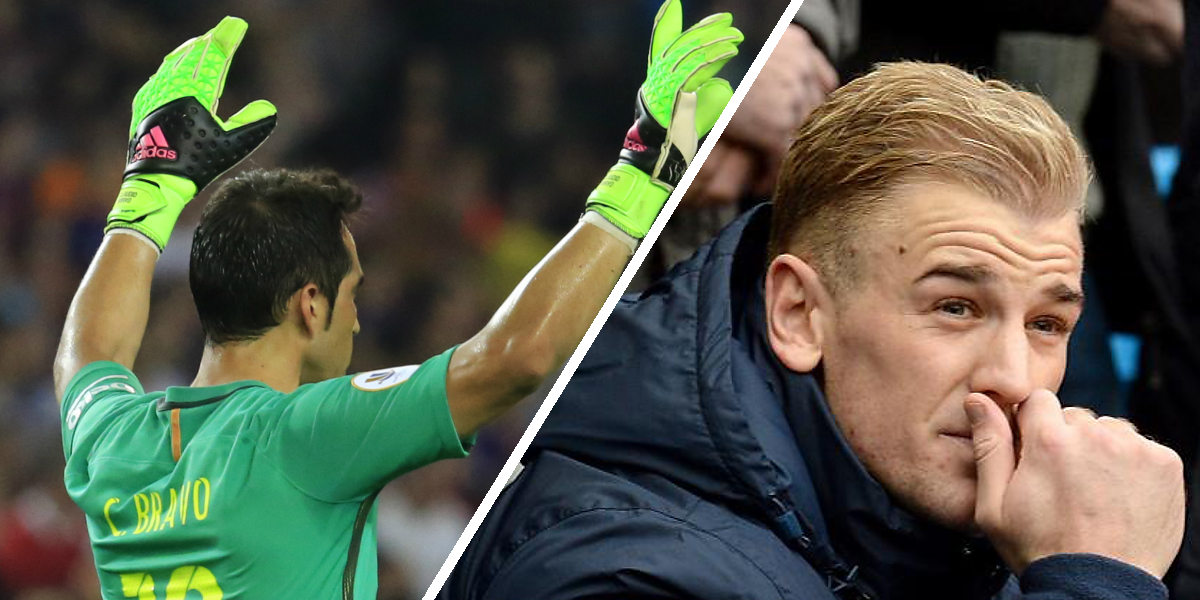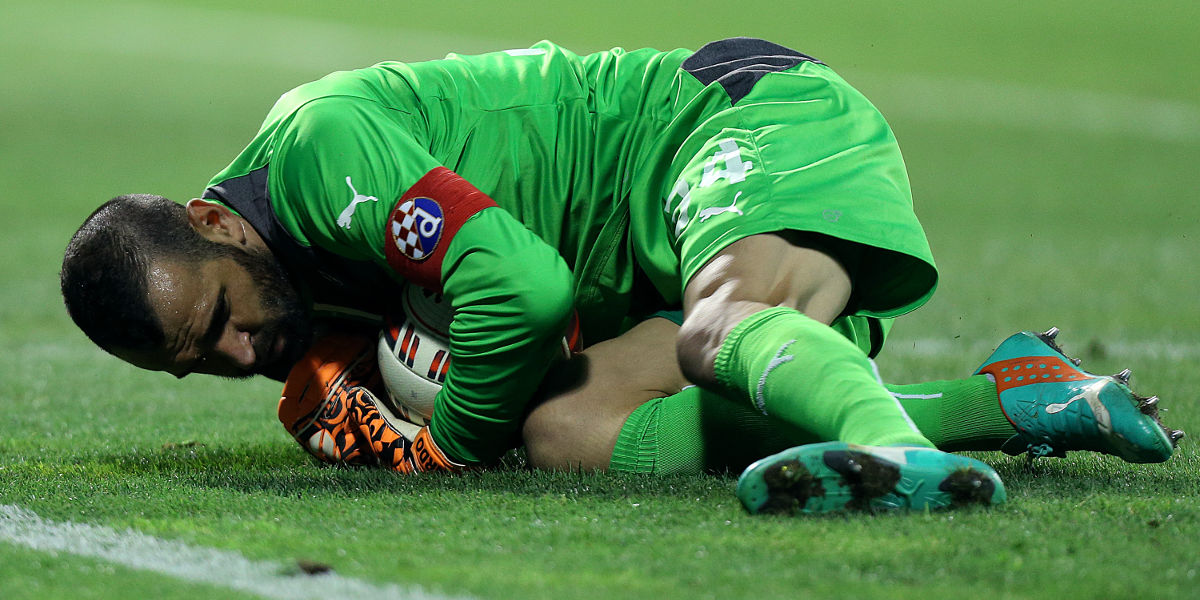By Rob Draper
Big spenders Manchester City and Chelsea have been warned by Europe’s football bosses that if they splash out on players this summer they may be forced to cut back their Champions League squads – and even be barred from taking part in European competition.
Under UEFA’s tough Financial Fair Play rules, applied from this season, clubs are allowed to make losses of no more than £36million over two years.
But with sanctions for offending clubs due to be enforced from 2013-14, City and Chelsea face an almost impossible task to reduce their losses to acceptable levels.
City reported a £197m loss last year, while Chelsea’s deficit was £67.7m. With both expected to rebuild their squads at considerable expense this summer, their prospects of success – and even future participation – in the highly lucrative Champions league are looking bleak.
UEFA president Michel Platini is expected at the Etihad Stadium for tomorrow’s Premier League title showdown between City and Manchester United.
Victory for City would throw the momentum back to Roberto Mancini’s expensively assembled team but City know that both they and Chelsea could face exclusion from the Champions League if they do not change their ways.
Alasdair Bell, UEFA’s director of legal affairs, insisted last week that serious sanctions will apply to clubs who miss the £36m limit by more than 20 per cent.
In the first instance, UEFA will force offending clubs to withdraw up to five players from their 25-strong Champions League squads for the 2013 competition.
Repeat offenders will face being thrown out of the Champions League from the following year.
Bell said: ‘Sanctions need to be sufficiently effective and credible to make people abide by the rules. If we’re not capable of enforcing the system, in a way in which makes Financial Fair Play a reality, then we might as well forget it.
‘Clubs who maybe have made more serious and effective efforts to bring their own house in order will expect the rules to be applied to those who have not done that.’
City’s transfer targets this summer include Eden Hazard, Fernando Llorente, Edinson Cavani and Luka Modric, while Chelsea, who yesterday signed 23-yearold Werder Bremen winger Marko Marin for £7m, are also targeting Hazard and Modric as well as Real Madrid striker Gonzalo Higuain.
The total value of those signings could top £150m.
Bell revealed that a new independent body called the Club Financial Control Panel, comprising lawyers and accountants, will be charged with enforcing UEFA’s rules.
‘The aim is to regularise and stabilise football finances,’ said Bell.
‘The sanctions system has to be tailored to encourage rather than punish. But if certain clubs are just ignoring the system, we are going to face legitimate demands from others to do something about it. This is a balancing exercise that will have to be carried out by the panel.’
Clubs will be able to complain to the new body about rivals they believe are breaking the rules.
While City appear to be banking on a reported £400m, 10-year sponsorship by the Etihad airline to make their debts more in line with the Financial Fair Play rules, that deal is already being investigated by UEFA because the airline is owned by the royal family of Abu Dhabi and City’s owner, Sheik Mansour, is a member of that family.
Sponsorship investigation: The Etihad Stadium
Sponsorship investigation: The Etihad Stadium
Bell says the new panel will scrutinise such deals in the same way that the European Union Commission assess whether a country is providing illegal state aid to its own industry.
‘We have to determine whether a sponsorship deal is genuine or a disguised capital injection,’ he said.
Bell insists that even if one of Europe’s blue-chip clubs, such as Barcelona or Inter Milan, were to fail the regulations, there would be no rewriting of the rules.
‘That shouldn’t happen,’ said Bell.
‘The Club Financial Control Panel will be independent and their sole task will be to determine whether rules have been respected and, if not, what sanctions should be applied.’























